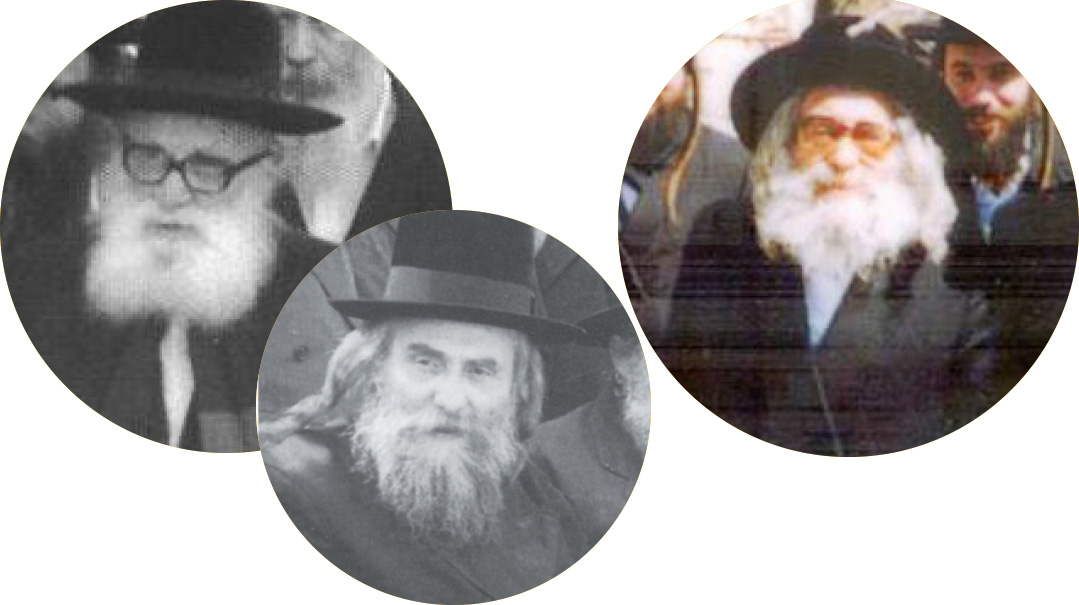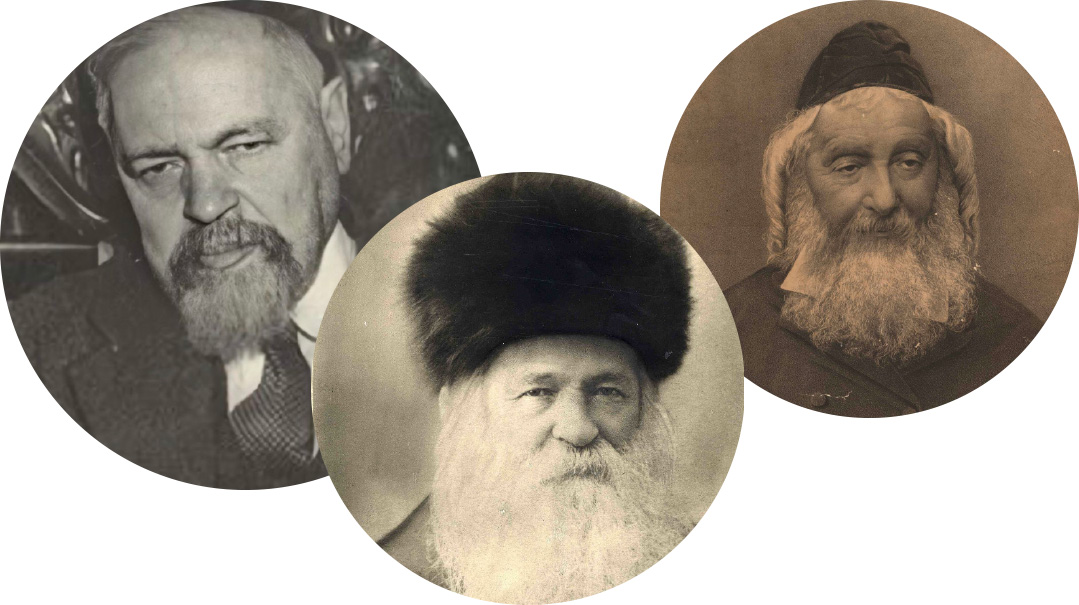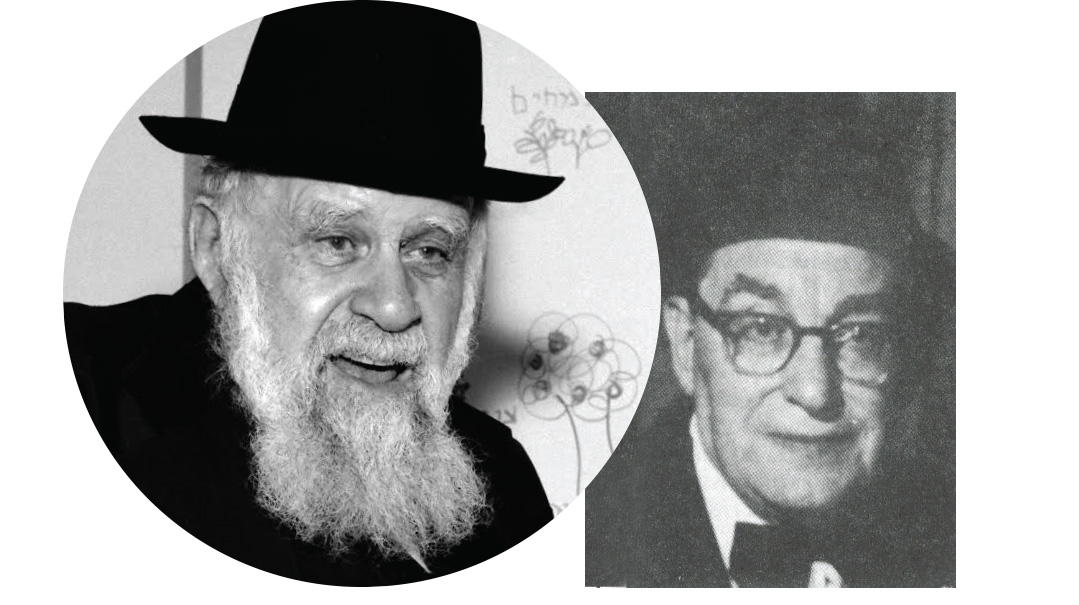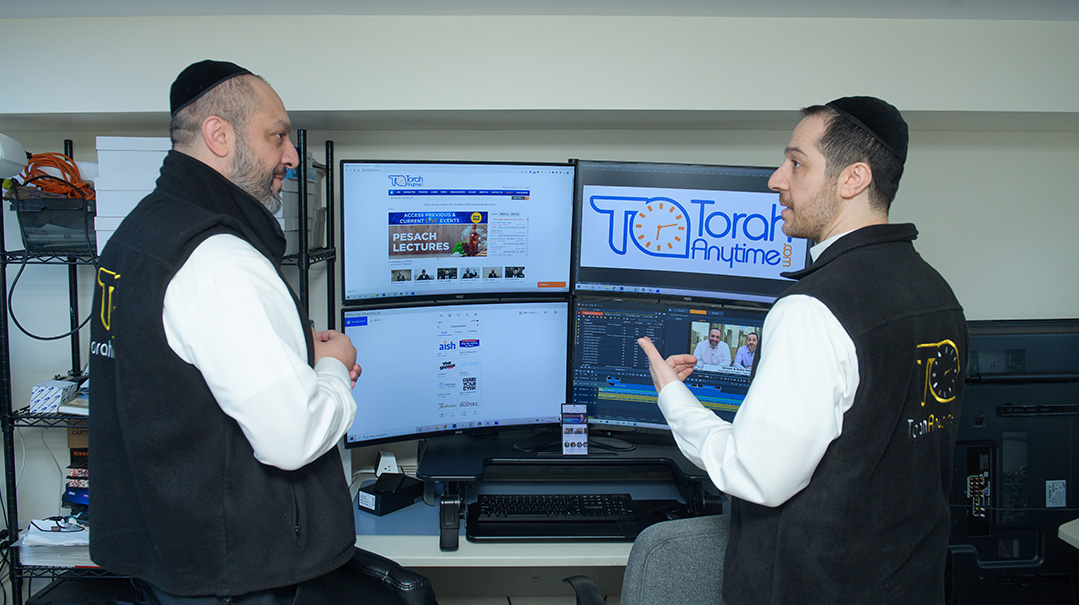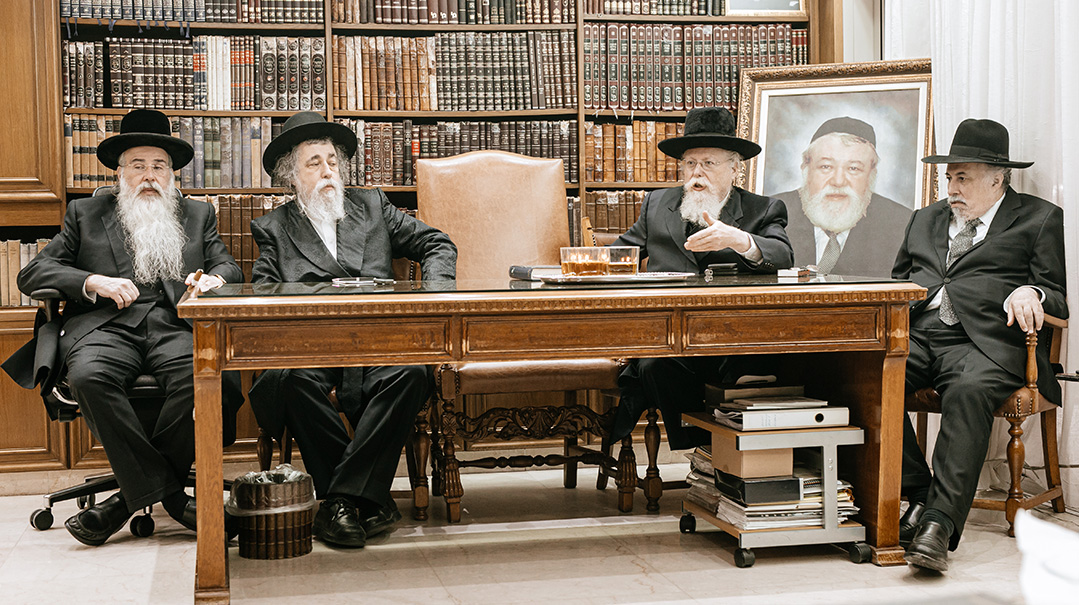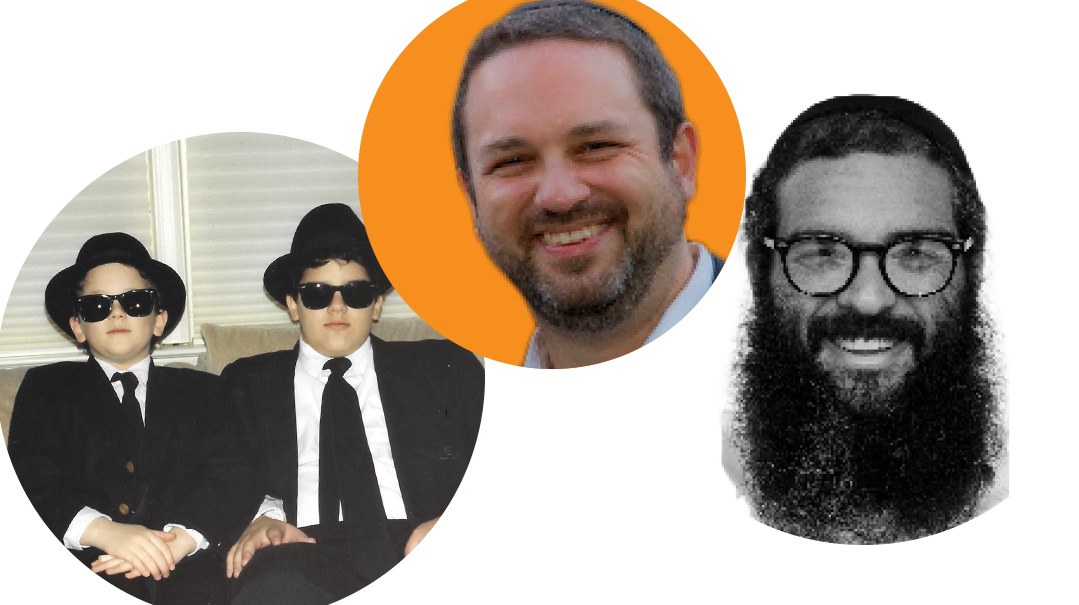The Brother I Never Had

My friends grew up talking about cars. I grew up talking about feelings

When I was in elementary school, we weren’t allowed to buy sodas from the machine, so you needed an older brother in high school to help you out — and my big brother came through big-time, walking into my classroom and depositing an ice-cold Pepsi on my desk just after a heated ball game.
Then he swaggered out just like that, leaving my friends breathless with admiration. He was just that type.
He came through for me kind of, maybe, maybe not… well to be honest no, he wasn’t really an actual brother, just sort of make-believe, imaginary, I guess.
I didn’t have a flesh-and-blood brother; I only had sisters. Five of them. I was smack in the middle, parked in a perpetual swirling dinner table conversation about school productions, clothing sales, and Yahadus tests, given the choice between beating and joining. I couldn’t beat them, of course, so I tried to join.
Pretty unsuccessfully. I had little to contribute, and mostly I added to the hysteria by saying things that didn’t fit right and they laughed.
I know that I badly wanted a brother. Recently, a friend confided in me that when he had gone to Eretz Yisrael when we were in second grade, the rebbi had made all of us write kvittlach to be placed in the Kosel.
(Yes, there was a time when a second grader going to Eretz Yisrael was a major trip, an event celebrated by the whole class. This was before an extra day in Israel over midwinter break was a point of negotiation between parents and the menahel and you could email your name to Kever Rochel.)
On the long flight, he admitted now, he had read the folded-up kvittlach, the hopes and dreams of his classmates. I had asked for just one thing — that my mother produce a brother for me.
She did have another child — my amazing youngest sister — not long after that, but the brother didn’t come.
There were some rough moments along the way. Once, one of the guys made a joke and I said, “That’s a panic,” and it got quiet and finally someone said, “Besser, that’s a girl expression, no boy talks that way.”
I grew older and got the first of five brothers-in-law and, b’chasdei Hashem, it made me feel like I had a brother: He learned with me and, later, let me hold the steering wheel when he drove and, once, even take a puff from a cigarette.
As a teenager in camp, I discovered that I could do something that other guys didn’t have an easy time with — communicate with words. I wrote a color-war theme song, then another, and when people complimented them and told me that I had a way of expressing myself, I slowly started to realize the gift I’d been given. I had been raised surrounded by people who got mad if I blocked the mirror for a second or shaved over a sink, but they had talked and talked and talked, filling rooms with expression and emotion, sharing too much and then explaining.
So I had absorbed something.
I became a rebbi and then started to work for this magazine, appreciating the background noise of my youth each day, grateful for what it had taught me.
My friends grew up talking about cars. I grew up talking about feelings.
Thank You, Hashem, for giving me the tools I would need to find my place in life.
But when I watch my sons throw a ball back and forth or talk about building stuff with one another, I rejoice for them. Maybe they won’t write stories, but, with Hashem’s help, they will know the loyalty, the comfort, the depth of a bond with a brother.
And that’s a story only He can write.
Yisroel Besser is a deputy editor of this magazine and author of several books.
(Originally featured in Mishpacha, Issue 854)
Oops! We could not locate your form.

